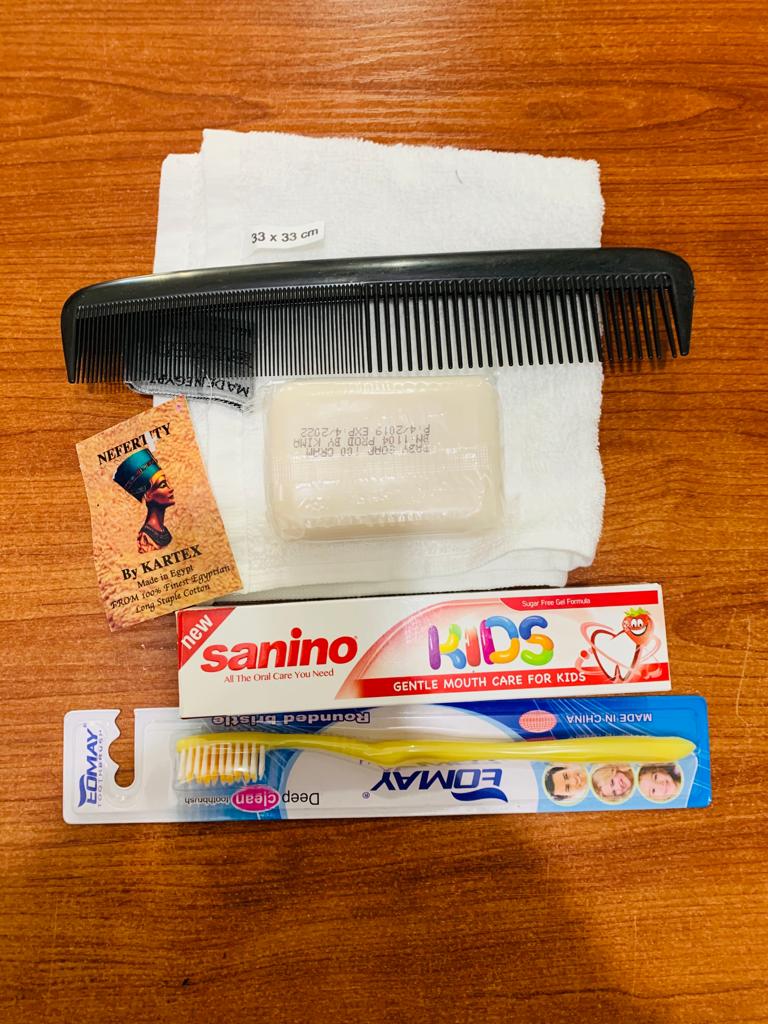A trail of blue footprints on the floor, pictures of a smiling soap, colourful stickers: hand washing looks like a lot of fun in the bathroom of Al-Bastana School in northern Jordan. Yet, until a few months ago, the students of the school faced a grim picture when they entered the school bathroom: only one functioning toilet, poor lighting and broken water taps.
The situation changed over the summer break, thanks to ACTED’s rehabilitation work.
Sanitation facilities come under pressure in schools in northern Jordan
Jordan hosts the second largest share of refugees per capita in the world. The influx of over 650,000 Syrian refugees since 2011 has exacerbated existing pressures on basic infrastructure. Meeting the growing needs of Jordanians and Syrian refugees is a challenge, particularly in the north of the country, which hosts the majority of Syrian refugees.
Schools cope with the higher number of students through running two shifts per day. Many of these schools already struggled to provide functional sanitation facilities for their students, raising the potential for water borne disease. Moreover, the schools do not have the budget for hygiene supplies and the resources to teach their students about safe hygiene practices.
ACTED's response: rehabilitation, education and sustainability
In addition to rehabilitating bathrooms in eleven schools, ACTED worked in classrooms to create fun-filled, educational activities to teach children how to promote hygiene within the school. ACTED also distributed educational and sensitization posters, a maintenance toolbox for the rehabilitated washrooms, hygiene supplies and individual hygiene kits for all children.

Posters, stickers and hygiene kits to welcome the students back

ACTED also established Water, Sanitation and Hygiene Committees in each of the eleven schools targeted, comprised of students, teachers and school principals. In these committees, the members work hand in hand to promote hygiene among all the schoolchildren.
With the support of the EU Madad Fund, ACTED rehabilitated bathrooms in eleven schools, including Al-Bastana school, across Mafraq governorate (northern Jordan). In total, 4,690 children benefitted from the project – including both Jordanian students and Syrian refugees, who represent 25% of the student population in Mafraq governorate according to the Jordanian Ministry of Education.